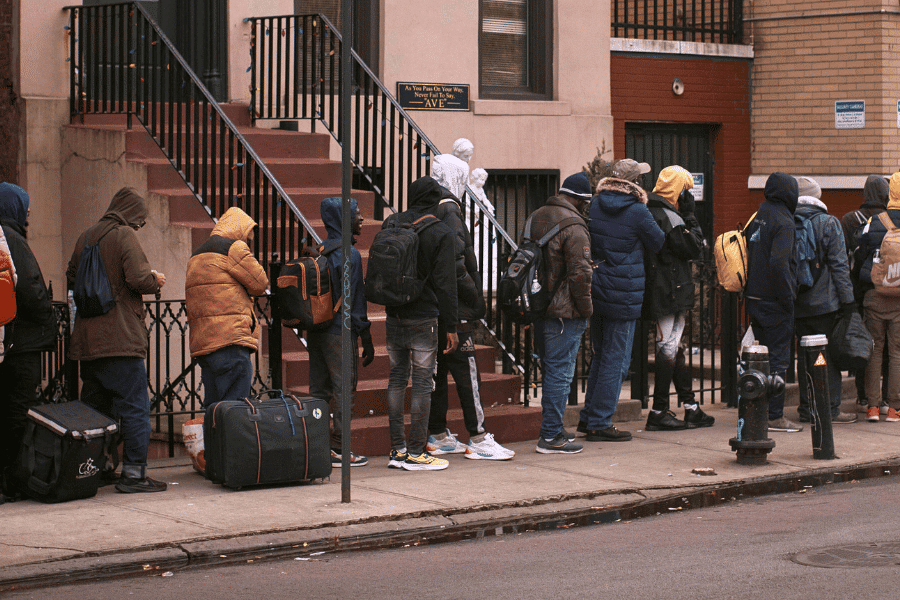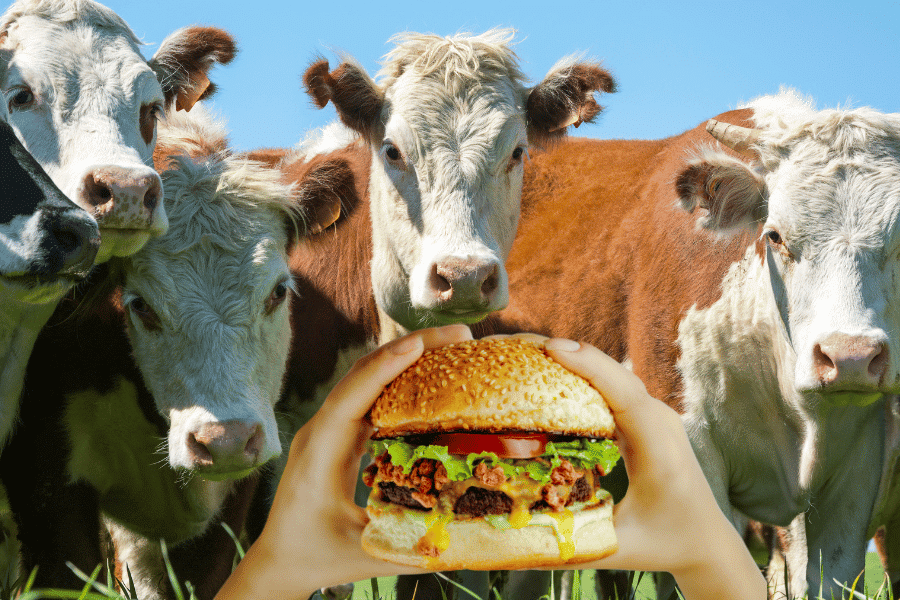
by Simone Bessong | 28 Apr 2025 | Contest winners, Culture, Education, Politics, Student Posts, Tatnall School, Youth Voices
When groups try to keep books off library shelves, they close off young people to new worlds and perspectives. A young girl looks at books in a library. (Photo illustration by News Decoder, with image by Weekend Images Inc./Getty Signature Images) This article, by...

by Charles Norris | 14 Apr 2025 | Contest winners, Culture, Education, Student Posts, Tatnall School, Technology, Youth Voices
Across the world, schools are banning phones. But parents want to keep connected to their kids and students and some teachers find they can enhance learning. Two teens look at a phone in a classroom. (Illustration by News Decoder) This article, by high school...

by Yi Le Low | 25 Mar 2025 | Contest winners, Europe, Realgymnasium Rämibühl Zürich, Sports, Student Posts, Switzerland, Youth Voices
Almost 16 million girls play organized football around the world. Yet most professional players have yet to earn a living wage. Switzerland’s Ramona Bachmann, center, celebrates with teammates after scoring a goal during a Women’s Euro 2025 qualifying...

by Lennox Huisman and Maximilian Wunderli | 11 Mar 2025 | Contest winners, Culture, Economy, Europe, Realgymnasium Rämibühl Zürich, Student Posts, Youth Voices
Each January, people who live in the small Alpine town of Davos grit their teeth as they play host to the thousands who swarm in for the World Economic Forum. Vehicles jam up on the road to Davos before the annual meeting of the World Economic Forum in Davos,...

by Sienna Mamoun and Alexa Taras | 8 Aug 2024 | Artificial Intelligence, Contest winners, Health and Wellness, Hewitt, Student Posts, Technology, Youth Voices
Artificial intelligence shows promise and peril. But some people might find it more comforting to tell their problems to a machine than a human. A young man talks to a robot therapist. (Illustration by News Decoder) This article, by high school students Sienna Mamoun...

by Samantha Crystal | 9 Jul 2024 | Contest winners, Hewitt, Human Rights, Student Posts, United States, Youth Voices
Immigrants seeking asylum in New York City struggle to get help meeting basic needs. Nonprofit organizations struggle to fill the vacuum. Migrants queue in the cold as they look for a shelter outside a migrant assistance center at St. Brigid Elementary School in lower...

by Leia Neilson | 11 Jun 2024 | Contest winners, Europe, History, Politics, School Year Abroad, Student Posts, Youth Voices
When you think of France, you might picture sitting at a café. But taking to the streets to air grievances is as French as Beaujolais. Protesters in Rennes, France march over pension reforms and more, April 2023. (Photo credit: Clover Choi) This article, by high...

by Düzgün Ali Sarikaya | 22 Mar 2024 | Contest winners, Europe, Politics, Realgymnasium Rämibühl Zürich, Student Posts, Youth Voices
The fear of another Chernobyl makes nuclear energy bad for politics. But with Europe struggling to reduce carbon, is it good for the environment? The Cattenom Nuclear Power Plant in Cattenom, France, 8 September 2022. (AP Photo/Jean-Francois Badias) This...

by Enzo Cazzaniga | 18 Mar 2024 | Contest winners, Culture, Europe, Personal Reflections, Realgymnasium Rämibühl Zürich, Student Posts, Youth Voices
Millions of people move from one place to another. When it isn’t just the city that changes but the language and culture, it can be difficult to feel at home. A doormat says “Home Sweet Home.” (Credit: Andy Dean Photography) This article, by high...

by Liv Egli | 12 Mar 2024 | Contest winners, Culture, Realgymnasium Rämibühl Zürich, Student Posts, Youth Voices
Psychologists call it cognitive dissonance when you disconnect beef from the killing of a cow. But some think you need to know the animal you eat. Cows look on as someone is about to eat a fat, juicy hamburger. (Photo illustration by News Decoder) This article, by...










